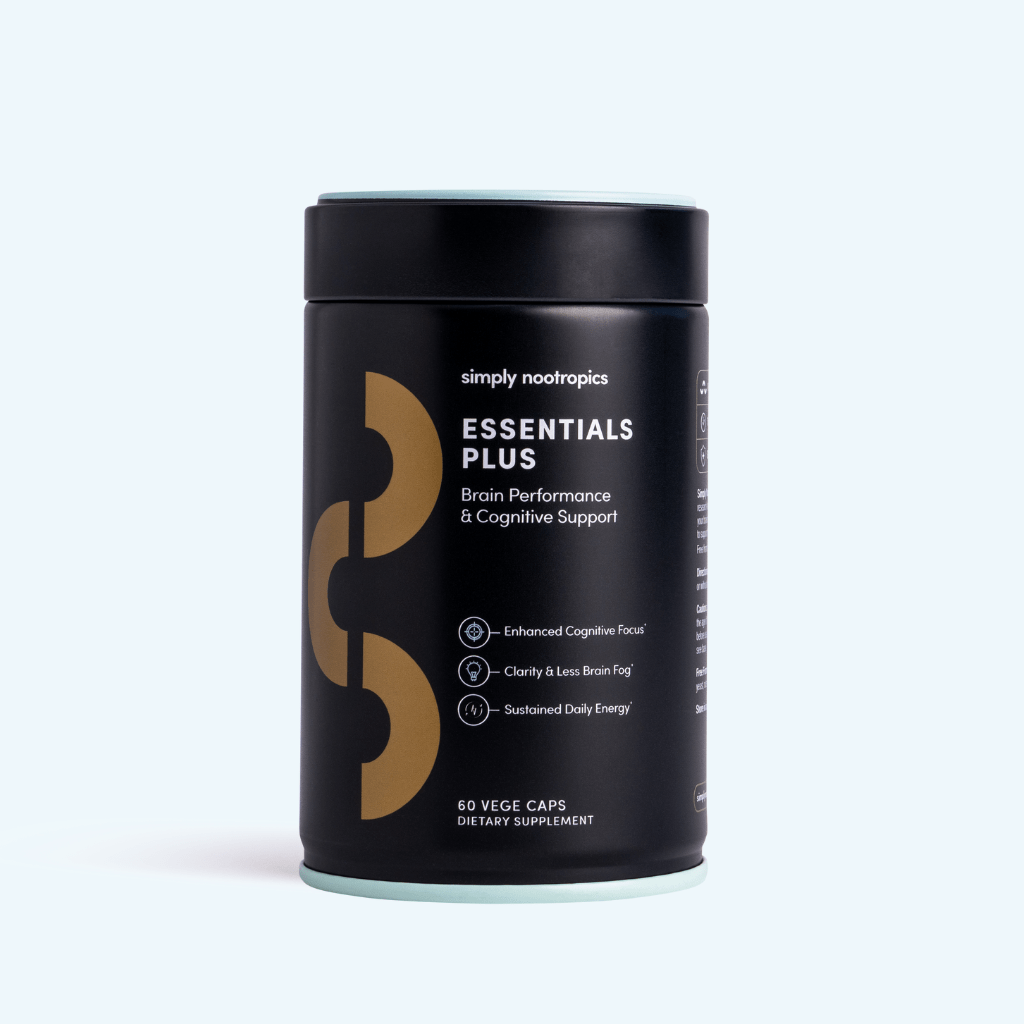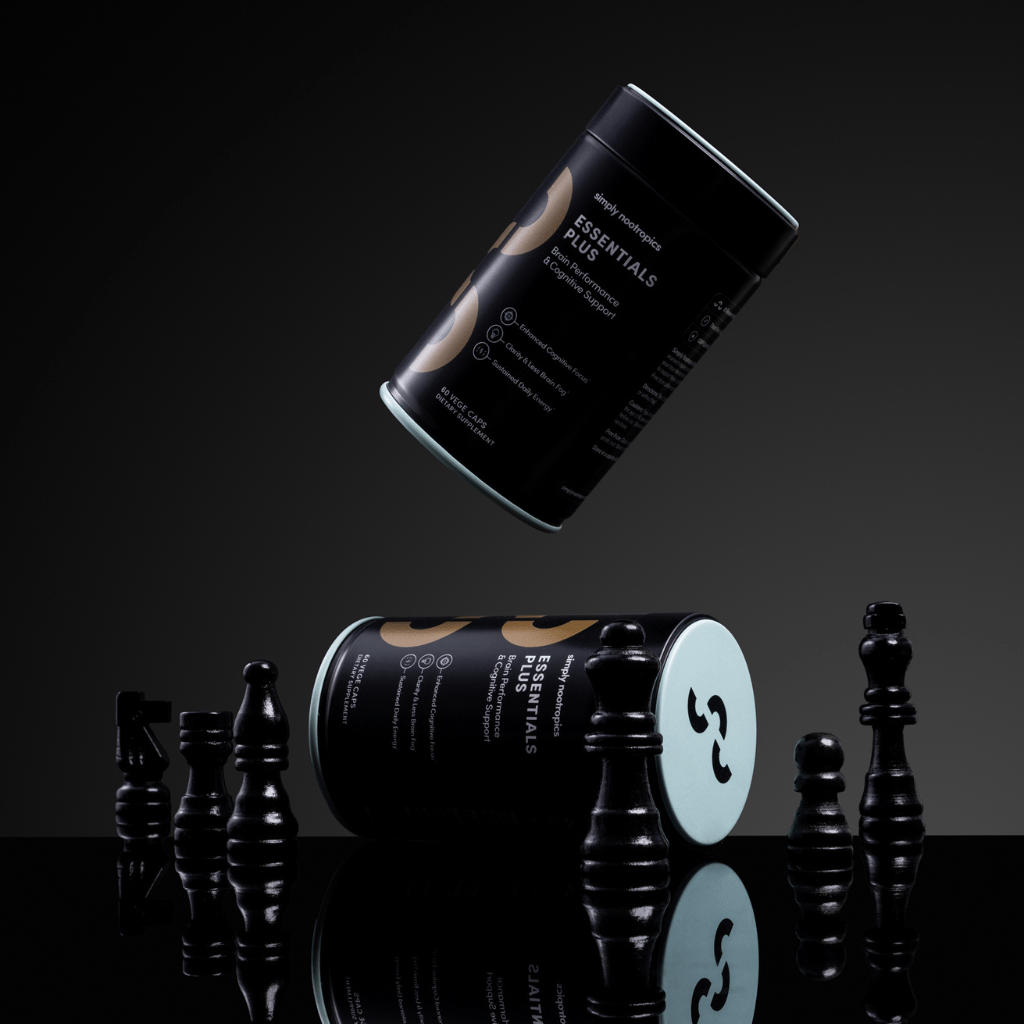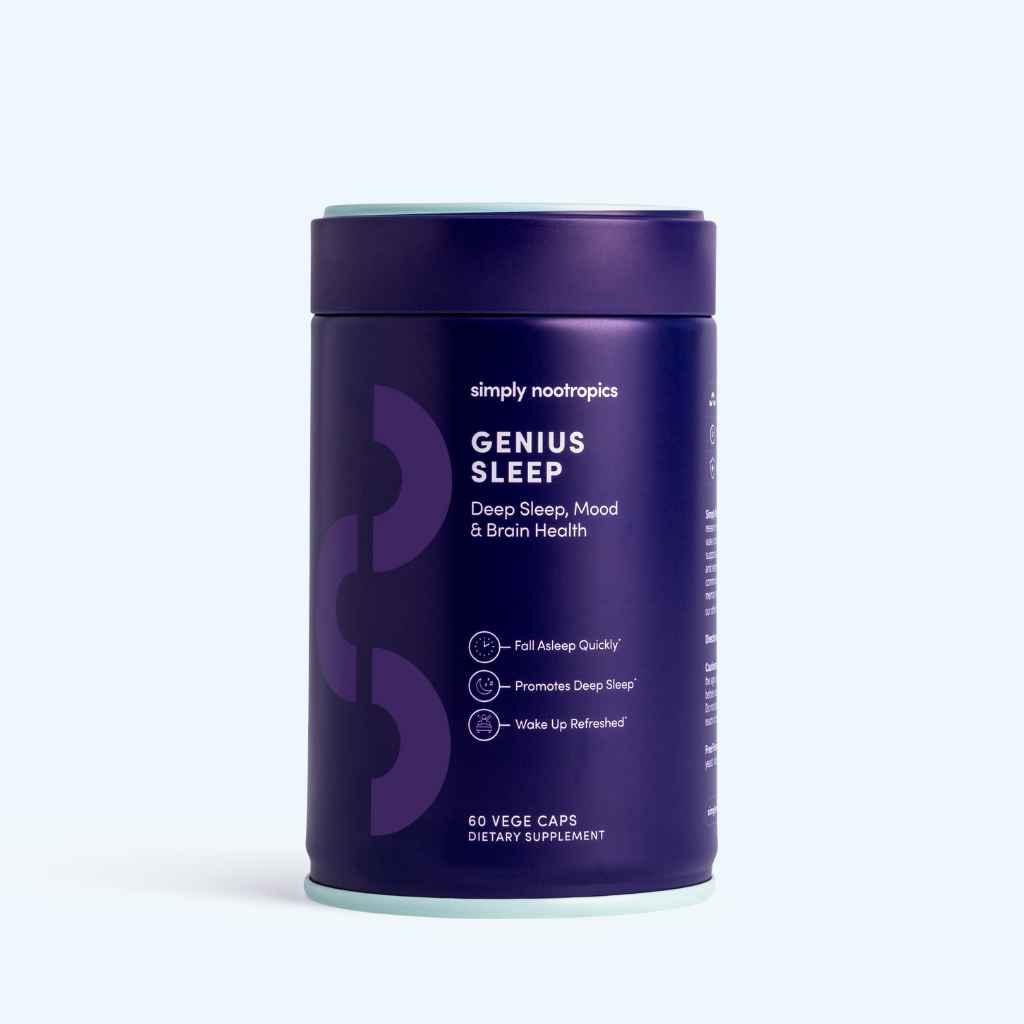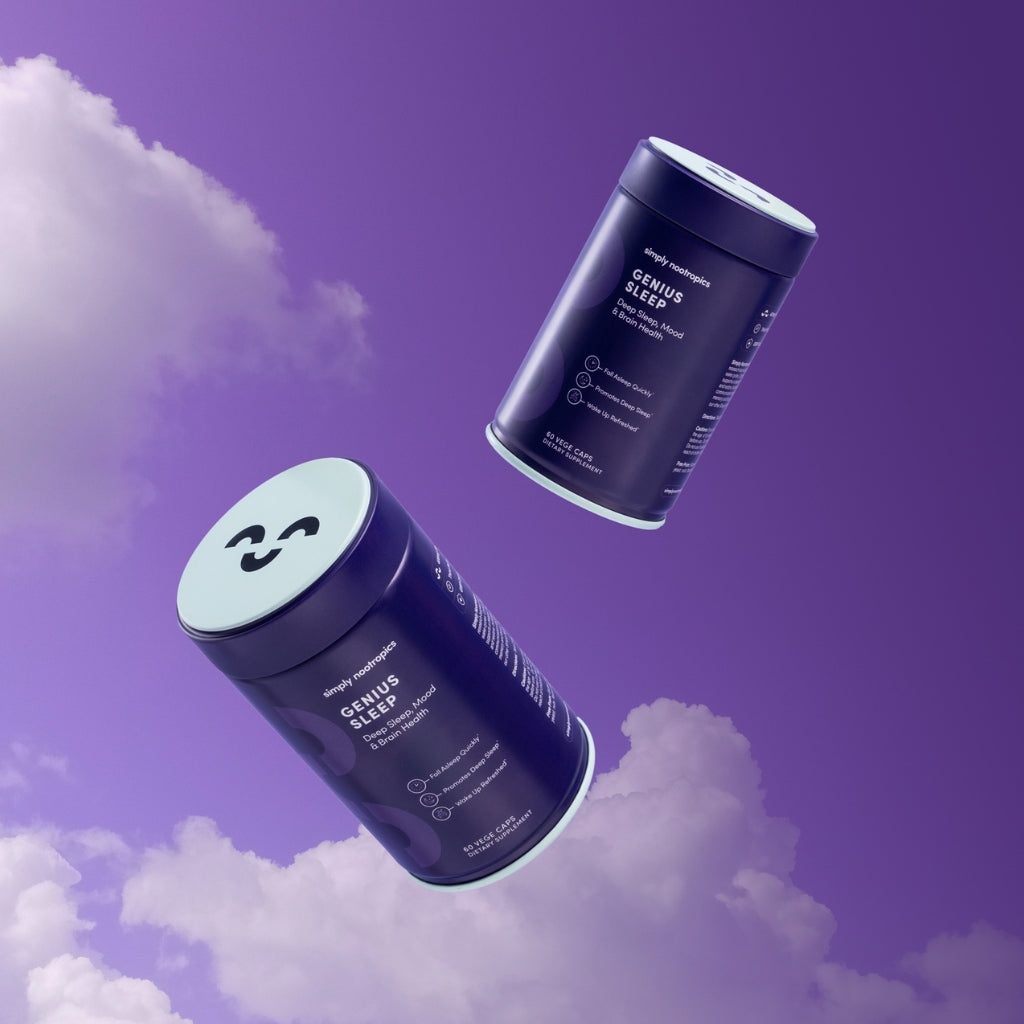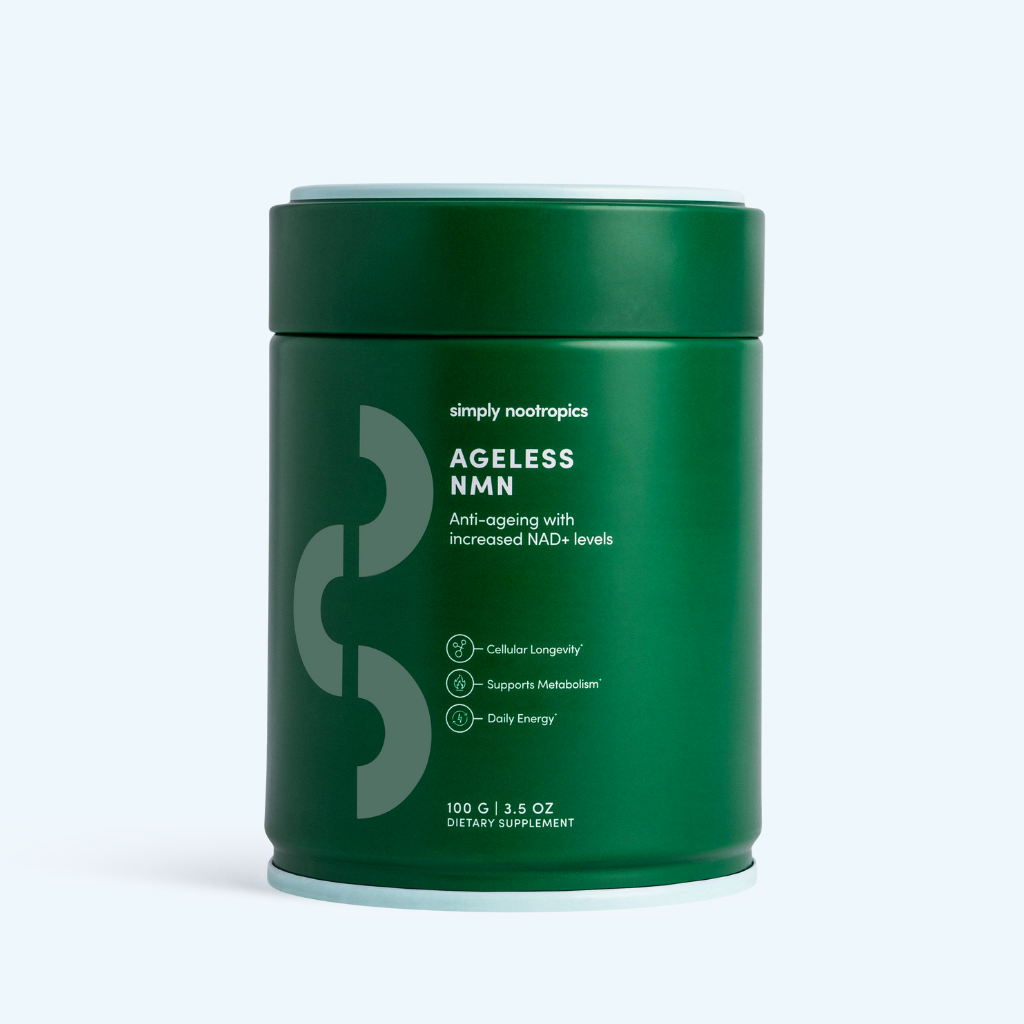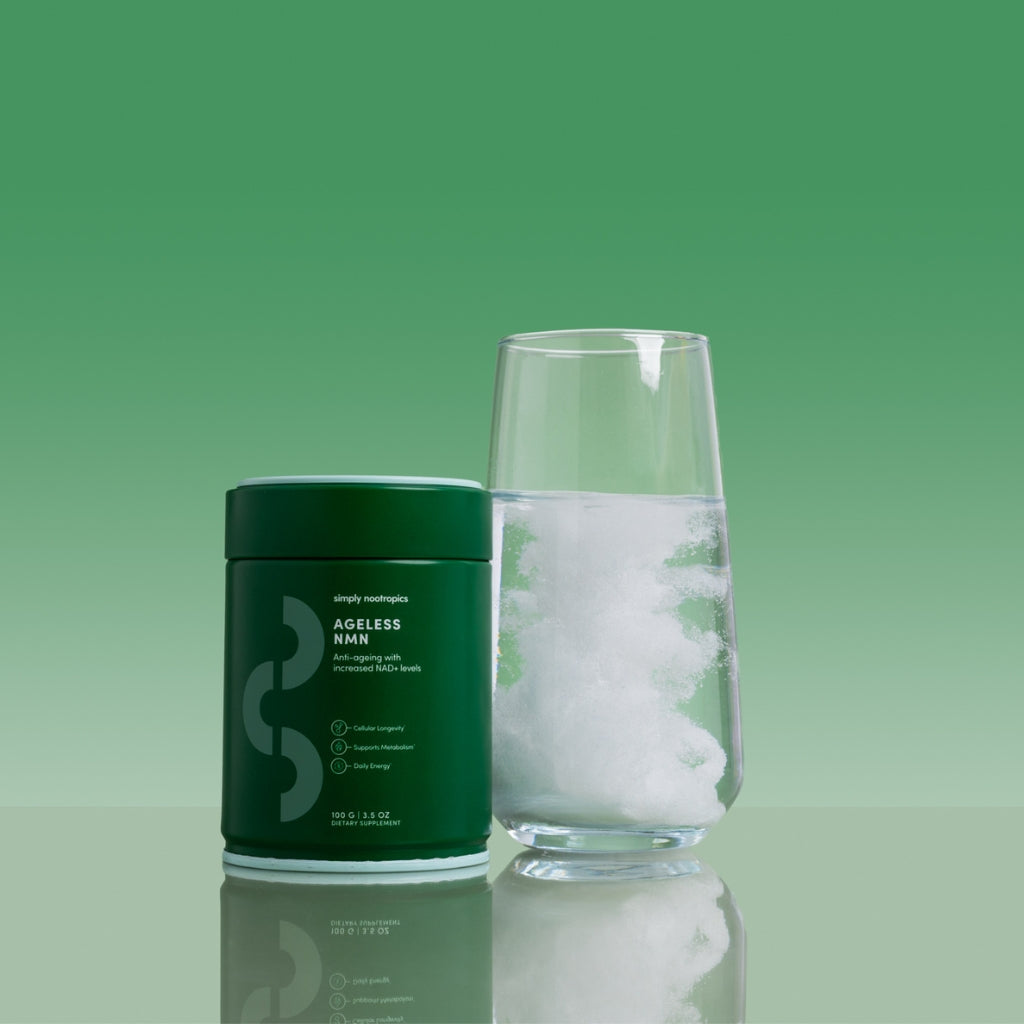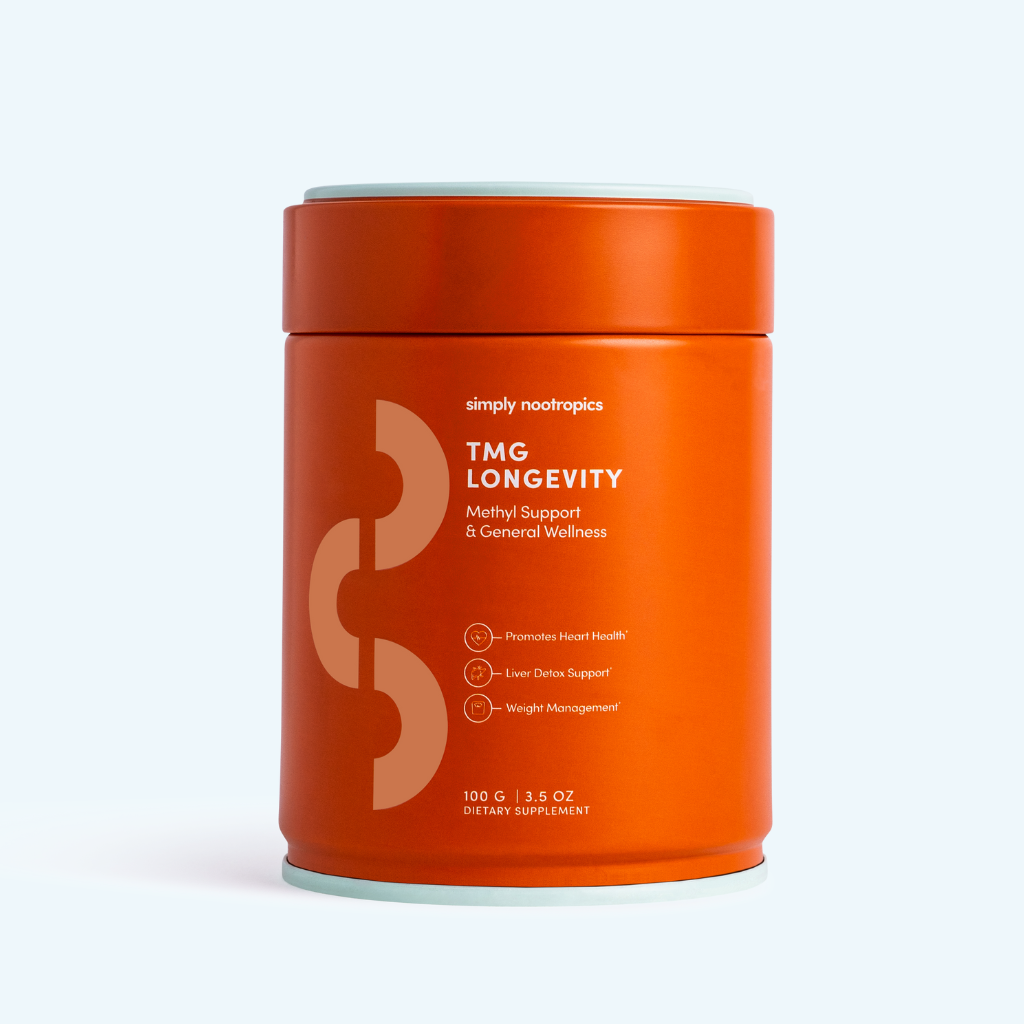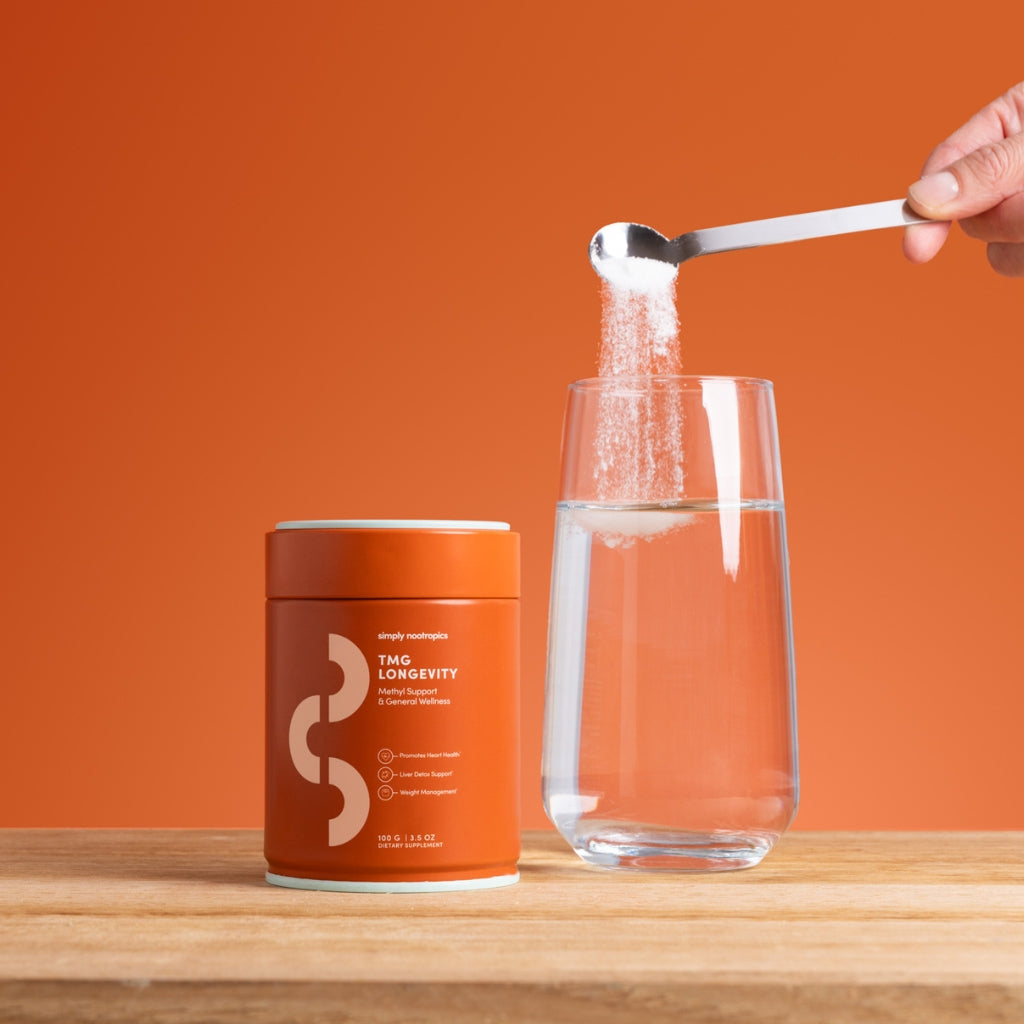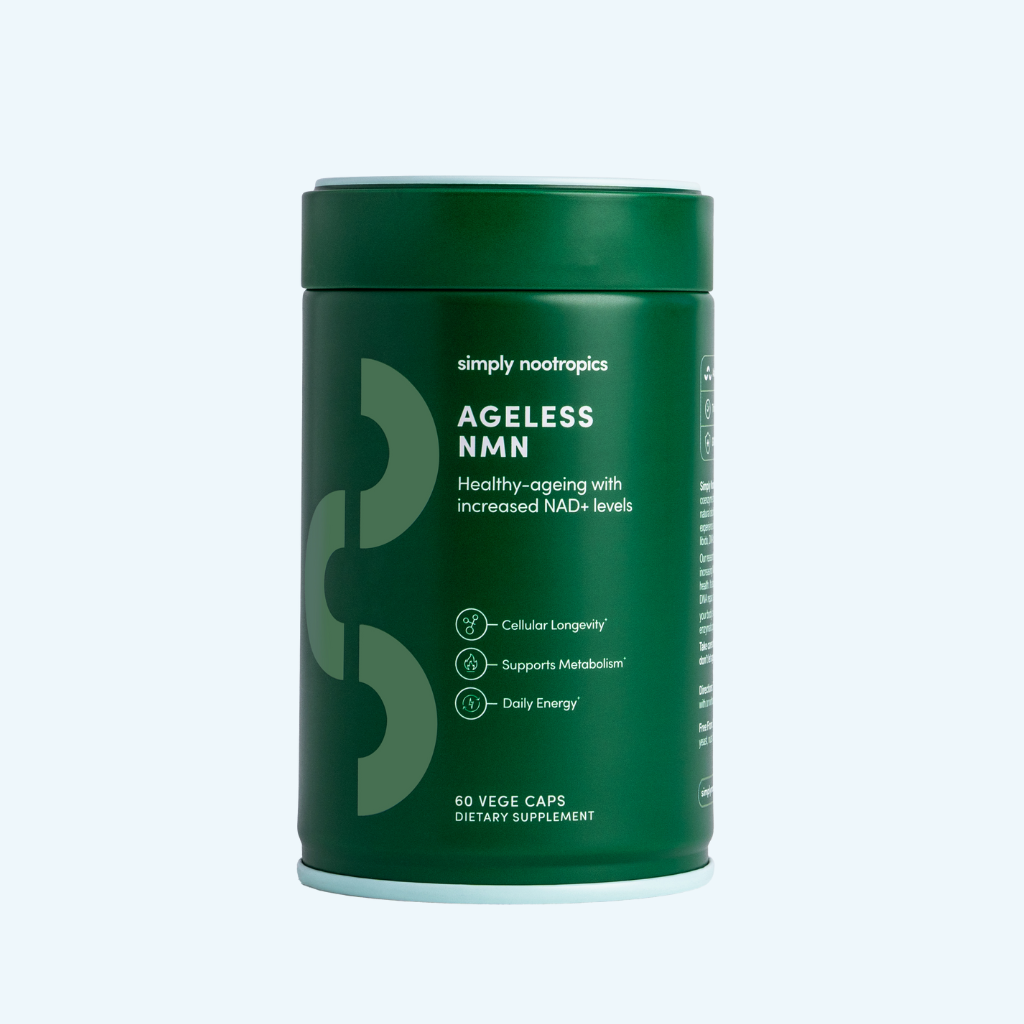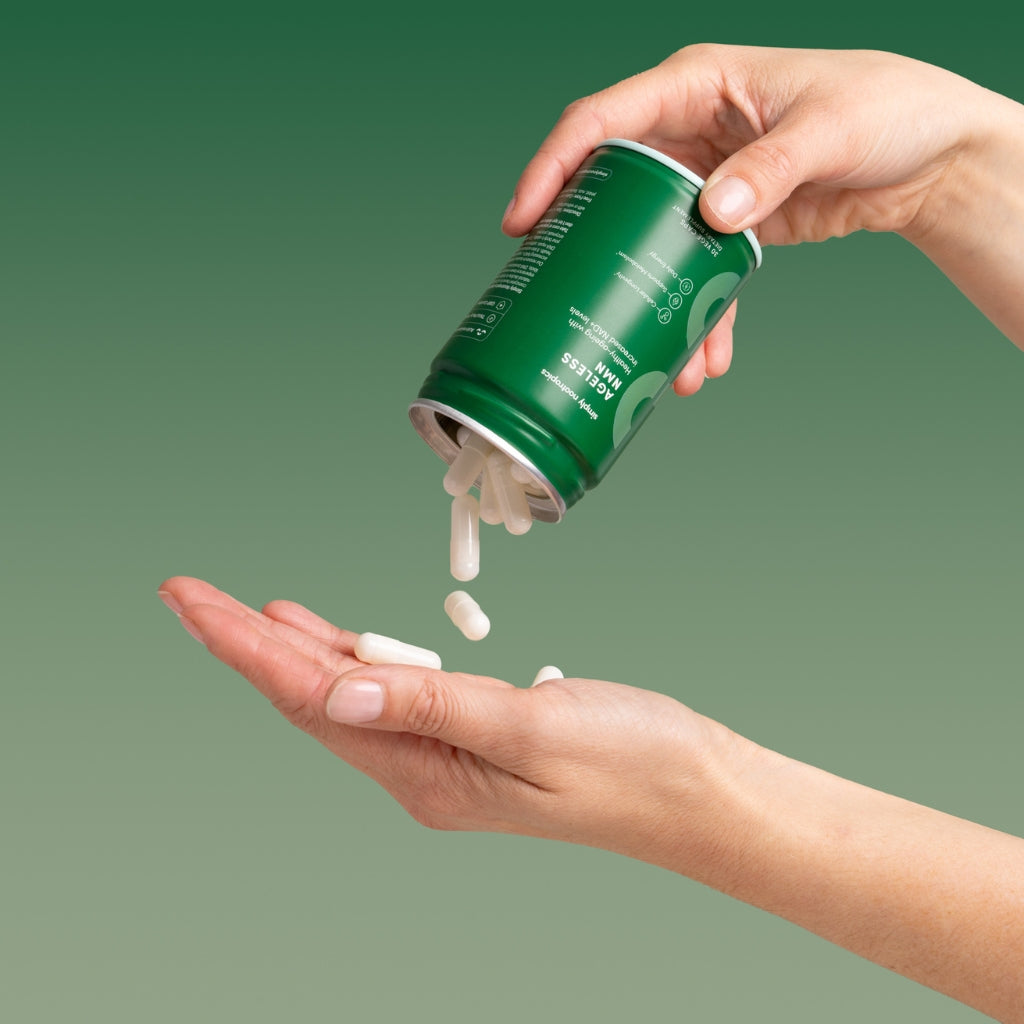If you're taking NMN for better energy, recovery, or healthy ageing, you may have come across the idea of pairing it with TMG. And like many people, you’ve probably wondered, is that necessary? The short answer: you don’t have to take TMG with NMN, but for many people, it’s a smart move. Let’s understand the science and context behind this common pairing, explore who benefits most from it, and help you decide whether TMG belongs in your routine.
What Is TMG, and What Does It Do?
TMG (Trimethylglycine) is a naturally occurring compound found in beets, spinach, quinoa, and other plant foods. In the body, it acts as a methyl donor, which means it supplies tiny chemical units called methyl groups that are essential for a wide range of cellular functions.
Methylation (the process that uses these methyl groups) is involved in:
-
DNA repair and gene regulation
-
Detoxification (especially in the liver)
-
Neurotransmitter synthesis (including serotonin, dopamine, and norepinephrine)
-
Hormonal balance
-
Homocysteine metabolism and cardiovascular health
In short, methylation helps keep your internal systems stable and responsive. And TMG plays an important role in keeping that system fuelled.
What Happens When You Take NMN?
NMN (Nicotinamide Mononucleotide) is a precursor to NAD+, a vital molecule involved in everything from energy production to DNA repair. NAD+ levels decline with age, which may contribute to fatigue, cognitive decline, and cellular ageing.
Supplementing with NMN helps raise NAD+ levels and support mitochondrial function, especially in energy-demanding tissues like the brain, heart, and muscles. But like all good things, NMN comes with byproducts.
As NMN gets converted to NAD+, it eventually breaks down into nicotinamide, a form of vitamin B3. This nicotinamide needs to be processed and cleared by the body to maintain NAD+ balance and avoid interference with cellular repair.
And here’s where methylation becomes important.
NMN with TMG
Processing nicotinamide relies on methylation pathways, the same ones responsible for managing your stress response, supporting your brain chemistry, and regulating detox. When these pathways are working well, nicotinamide gets efficiently cleared, and everything ticks along smoothly.
But here’s the catch: processing nicotinamide uses up methyl groups. And if your system is already under pressure, due to genetics, stress, poor diet, or environmental toxins, your methylation capacity might be limited.
This can lead to:
-
Poor nicotinamide clearance (possibly reducing NMN’s benefits)
-
Disrupted neurotransmitter production
-
Elevated homocysteine (a risk factor for cardiovascular disease)
-
Fatigue, brain fog, or mood instability
TMG helps offset this. It supplies extra methyl groups, helping your body keep up with the demands of NMN metabolism, without robbing other essential systems in the process.
Do You Have to Take TMG with NMN?
Not necessarily. Many people take NMN on its own and feel great. But for others, especially those with limited methylation capacity, TMG capsules can make a big difference.
Let’s look at a few scenarios where adding TMG capsules might be especially useful.
1. You’re Taking NMN Daily or at Higher Doses
The more NMN you take, the more nicotinamide your body will produce, and the more methylation support may be required.
If you’re consistent with NMN supplementation (especially 500-1000 mg or more per day), your body’s demand for methyl groups increases. Without support, that can strain your methylation pathways, potentially limiting the benefits of NMN or causing unwanted side effects over time, but adding TMG capsules helps maintain balance.
2. You Have a Methylation Imbalance or MTHFR Mutation
Some people have genetic variants that affect their ability to process methyl groups efficiently, particularly in the MTHFR gene. This is more common than you might think: up to 40% of people carry at least one copy of a common variant that can reduce methylation activity.
If you have an MTHFR mutation, or suspect sluggish methylation (signs might include fatigue, poor stress tolerance, or sensitivity to B vitamins), you may not be recycling nicotinamide effectively after taking NMN.
In this case, TMG capsules become less of an optional add-on and more of a functional necessity.
3. You Want to Support Cardiovascular Health
One of the best-studied benefits of TMG is its effect on homocysteine, an amino acid that tends to rise when methylation is impaired.
Elevated homocysteine is linked to:
-
Arterial stiffness
-
Inflammation
-
Cognitive ageing
-
Higher risk of heart disease
TMG helps convert homocysteine back into methionine, keeping levels in a healthy range. So, even if you’re not taking NMN, TMG has a strong case for inclusion in any longevity or cardiovascular-supporting stack.
4. You’re Looking for Better Mood and Energy
Because methylation affects the production of neurotransmitters like dopamine and serotonin, low methyl group availability can impact mental clarity, focus, and emotional stability.
Some people report a noticeable difference in mood and energy when they add TMG capsules, especially if they’ve been taking NMN and feeling flat or overstimulated.
By easing the biochemical load on your nervous system, TMG may help restore balance and support emotional resilience.
5. You’re Focused on Long-Term Cellular Health
Longevity isn’t only about what you take, it’s about what your body can actually use, process, and eliminate. NMN boosts a powerful pathway, but like any upregulated system, it comes with a demand for support.
Adding TMG isn’t about treating a deficiency. It’s about building the right environment for cellular health to flourish. If you want your NAD+ metabolism to run efficiently long-term, it makes sense to consider what supports the downstream work.
How to Take TMG with NMN
-
When: TMG is typically taken in the morning, ideally alongside NMN. It’s safe to take on an empty stomach.
-
Dosage: Most people take 500–2000 mg daily, though this can vary based on genetics, diet, and supplement stack.
-
Tolerability: TMG is generally well-tolerated, though some people prefer to start low and increase gradually, especially if sensitive to methyl donors.
It can also be paired with other methylation-supporting nutrients like folate (methylfolate) or B12 (methylcobalamin), though that depends on your individual needs.
In the end, you don’t need to overthink it, but if you’re taking NMN regularly and want to get the most from it, adding TMG can be a smart, supportive choice. Simply Nootropics TMG is a pure, research-backed formula designed to support methylation and complement your NMN routine without any fillers or unnecessary extras. If you’re ready to optimise how your body uses NMN, this is a smart place to start.



